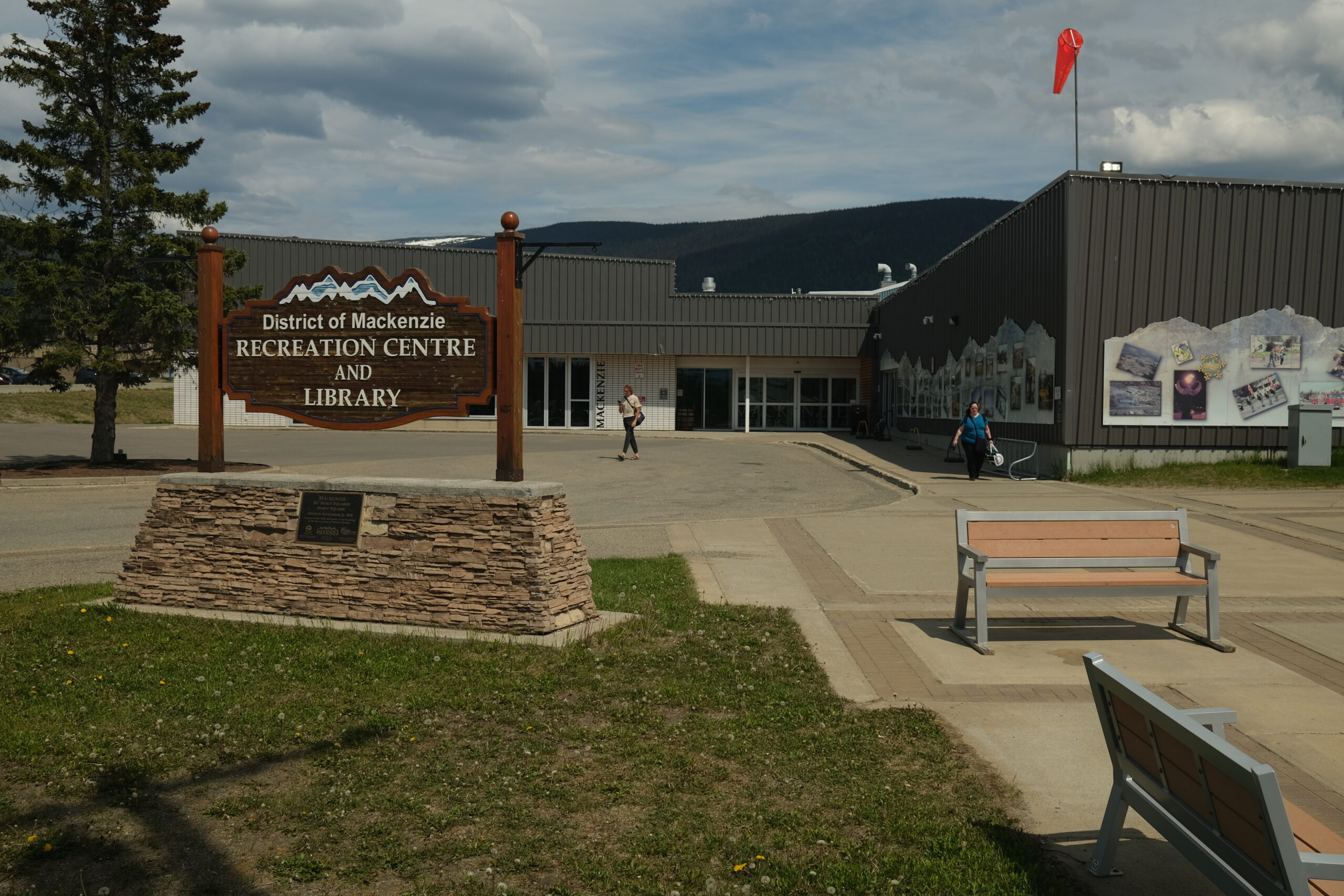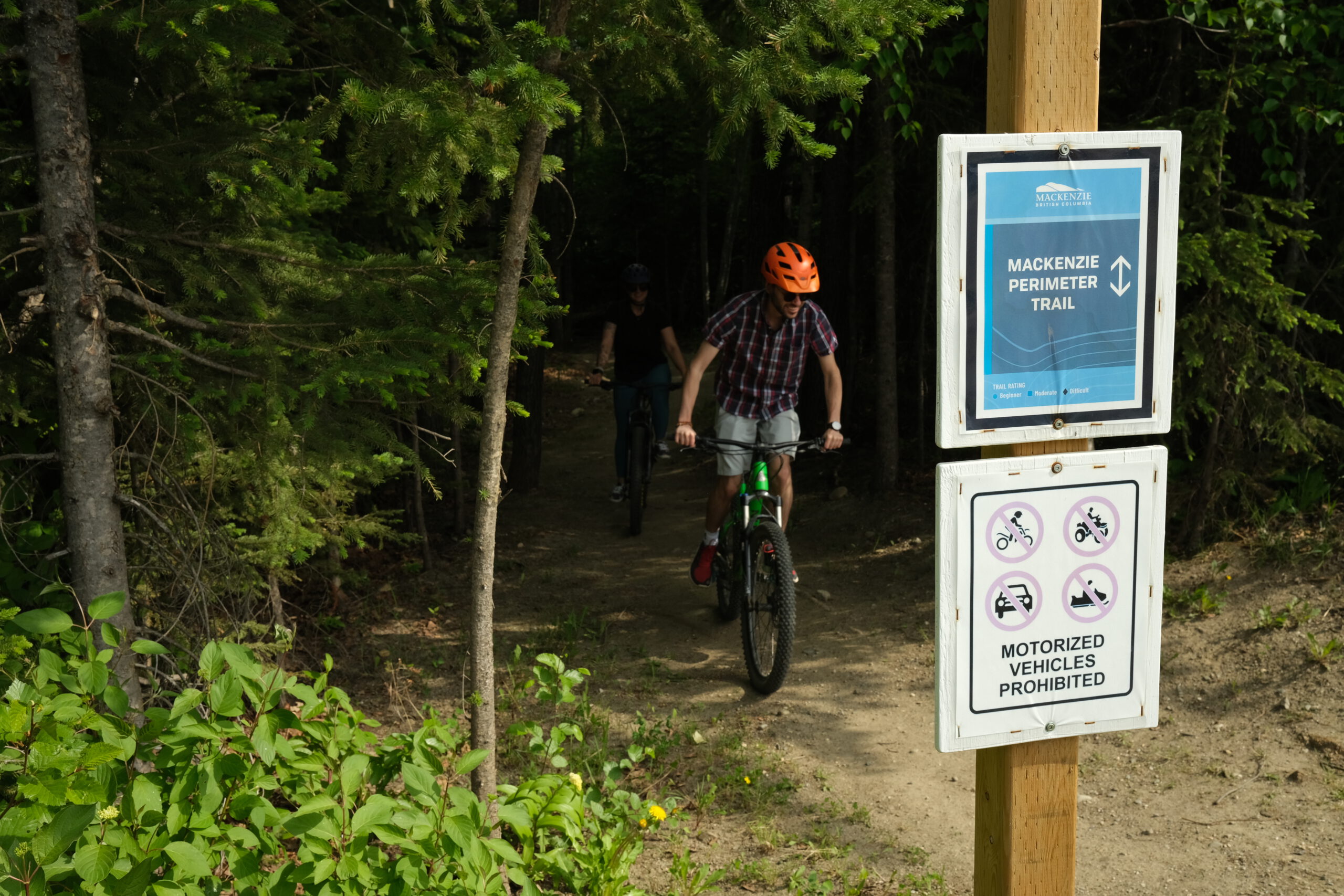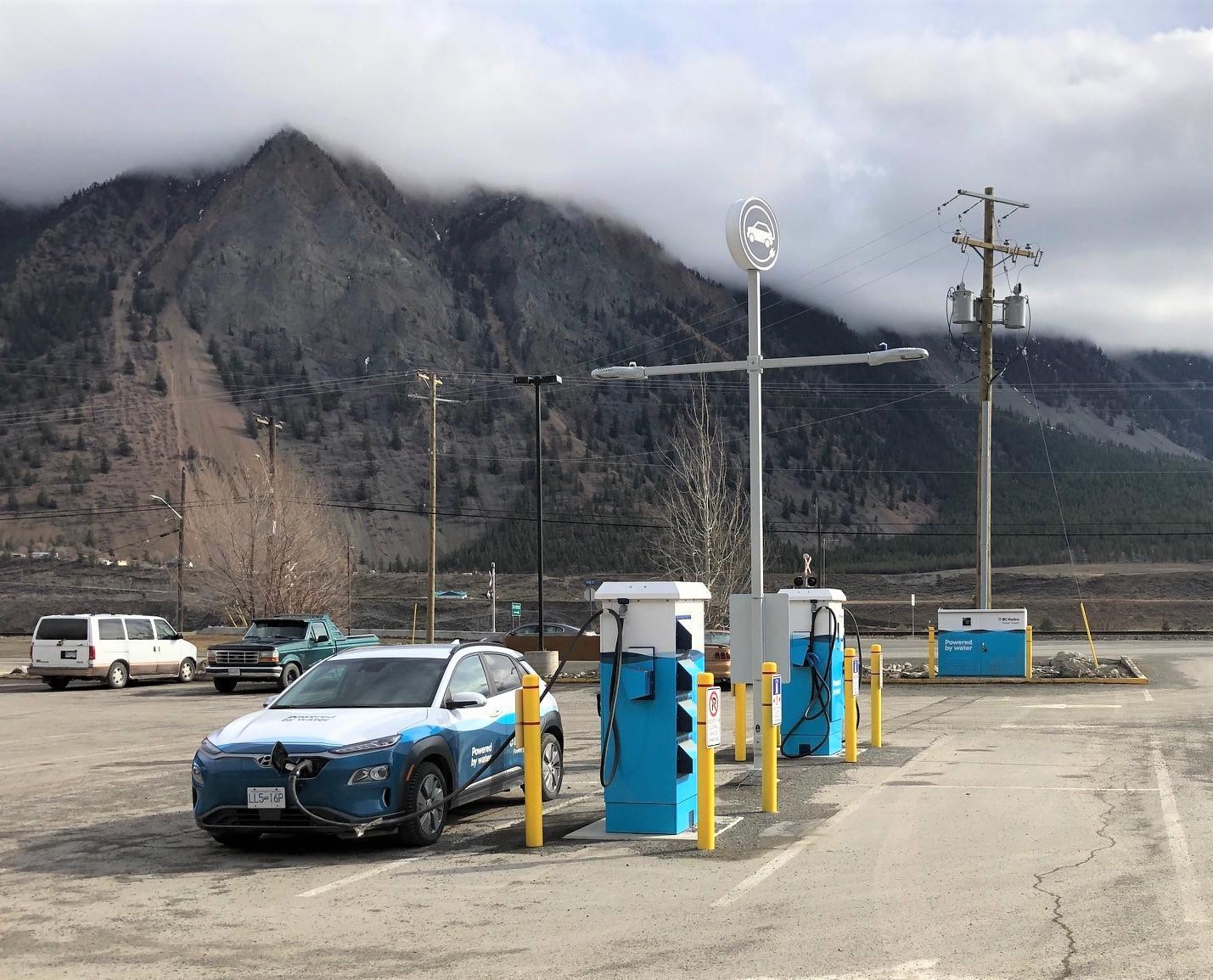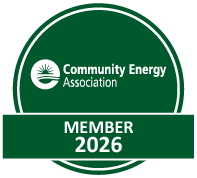CLimate Action in Mackenzie
REDUCING CORPORATE EMISSIONS
The District has made progress in reducing energy use by adopting our Corporate Energy and Emissions Plan 2021 (CEEP). The corporate plan guides District staff in reducing emissions and implementing sustainable initiatives. Actions from the CEEP address five categories: New Buildings & Infrastructure, Existing Buildings & Infrastructure, Renewable Energy, Transportation, and Enabling Actions & Corporate Leadership.
Reducing our corporate GHG emissions means reducing municipal energy costs and leveraging infrastructure dollars to support community economic development, all of which provides better value for money to taxpayers. We will also be providing a more comfortable working environment and by setting an example with our own assets, we help stimulate further GHG emission reductions in the community.
COMPLETED AND IN PROGRESS
- Recreation centre building/lighting upgrades
- Performing annual vehicle inventory reviews
- Upgrades on the Gantahaz water system and Morfee Well project
- The new Fire Hall building met or exceeded the Step Code building standards for BC and is a mass timber building
- Council prioritization of environmental sustainability
- Establishment of climate action policy reserve fund
- Developing a green vehicle purchasing policy
- Administering the Food Cycler Pilot Program
- Supporting land sales to not-for-profits to increase local food security
NEXT STEPS
District staff will continue to implement climate action items to further reduce corporate emissions. Priority corporate climate actions related to transportation include:
- Investing in EVs and EV charging stations
- Developing fuel efficient driver training and an anti-idling policy
- Developing a vehicle purchasing policy
- Encouraging employee carpooling where possible
- Planning for and upgrading the active transportation network
Priority corporate climate actions related to buildings include:
- Conducting building energy audits and implementing energy retrofits
- Conducting operational reviews of infrastructure and implementing findings
- Incorporating energy management into annual building maintenance procedures
Related Readings
The District of Mackenzie is a member of the Community Energy Association and actively participates in the Northern Climate Action Network (NorthCAN).
Contact
SPOTLIGHT PROJECTS
BUILDINGS: MACKENZIE RECREATION CENTRE
 In January 2023, the District received funding for the Energy Recovery and Facility Upgrades project for the Mackenzie Recreation Centre. The grant funding will go towards energy-efficiency improvements, including replacing the arena slab and underfloor, glass shielding and building insulation, upgrading the HVAC units and water heaters, and installing new solar panels and a heat recovery system.
In January 2023, the District received funding for the Energy Recovery and Facility Upgrades project for the Mackenzie Recreation Centre. The grant funding will go towards energy-efficiency improvements, including replacing the arena slab and underfloor, glass shielding and building insulation, upgrading the HVAC units and water heaters, and installing new solar panels and a heat recovery system.
This project will allow the District to continue to provide ice programming for the next 30–35 years, reduce operating costs, reduce energy consumption by 26.8% and reduce the emissions from the facility by 159 tonnes annually. The completion of this project will allow residents of the District and neighbouring First Nations access to a modern, reliable facility for community events.
WASTE REDUCTION: FOODCYCLER

The FoodCycler Pilot Project is a groundbreaking partnership between Food Cycle Science and the District of Mackenzie that offers you the opportunity to turn your kitchen scraps and food waste into nutrient-rich compost right in your own home! Using state-of-the-art technology, the FoodCycler system will help you reduce your carbon footprint, minimize landfill waste, and create compost that can enrich your garden and plants. This compost can either be matured and used in potting plants, the garden or disposed of in general waste.
The resultant compost is 80% - 90% less in volume and weight than the original material. The use of products such as FoodCycler could eliminate much organic material from the waste stream (assuming reuse in gardens) or at minimum, dramatically reduce volume and weight, lowering impacts where the material does enter the waste stream.
Active TRANSPORTATION: AZAN TUNNEH TRAIL
 The Azan Tunneh Trail was proposed by Mackenzie Outdoor and Recreation Association (MORATA) to increase trail access for all residents and provide close trail access to all homes within the community. The trail now encircles the community, connecting the existing Little Mac Downhill trails, Deet and Citronella trails, Cross-Country Skiing trails and the Morfee Lake Perimeter trail. The trail design allows for use for dog walkers, elderly walkers, and families. Biking, walking, and trail running are the main uses of the trail network in the summer, while snowshoeing and fat biking are the primary uses in the winter.
The Azan Tunneh Trail was proposed by Mackenzie Outdoor and Recreation Association (MORATA) to increase trail access for all residents and provide close trail access to all homes within the community. The trail now encircles the community, connecting the existing Little Mac Downhill trails, Deet and Citronella trails, Cross-Country Skiing trails and the Morfee Lake Perimeter trail. The trail design allows for use for dog walkers, elderly walkers, and families. Biking, walking, and trail running are the main uses of the trail network in the summer, while snowshoeing and fat biking are the primary uses in the winter.
The trail is regularly maintained by volunteer groups and supports pedestrians and cyclists to get to their destinations without the need for cars. In 2023 the District of Mackenzie will prepare an active transportation master plan, which will include an assessment of Mackenzie's current active transportation network, the identification of barriers and accessibility issues and the exploration of options to increase active transportation.
TRANSPORTATION: EV CHARGING
 Mackenzie’s Electric Vehicle Charging Project is a collaboration with BC Hydro. In 2021, BC Hydro approach the District to be a part of their Public EV Infrastructure Program. BC Hydro conducted a survey of proposed sites to install a Level 3 charger, considering accessibility to power, opportunities to expand charging capacity into the future, and the proximity to public washrooms and amenities. Locating the charger within walking distance of amenities can also lead to additional economic benefits to surrounding businesses.
Mackenzie’s Electric Vehicle Charging Project is a collaboration with BC Hydro. In 2021, BC Hydro approach the District to be a part of their Public EV Infrastructure Program. BC Hydro conducted a survey of proposed sites to install a Level 3 charger, considering accessibility to power, opportunities to expand charging capacity into the future, and the proximity to public washrooms and amenities. Locating the charger within walking distance of amenities can also lead to additional economic benefits to surrounding businesses.
The Level 3 charger will be located in the 616 parking lot. This site is easily accessible from the highway and gives visitors the opportunity to visit local businesses. There is no cost to the District to install this charger and Council is considering other opportunities to install Level 2 chargers in the community that leverage grants and funding programs.
PLANNING
Sustainability and climate action in the District are primarily guided by the Mackenzie Official Community Plan (OCP). The OCP directs future community plans and strategies related to specific topics. For example, the Downtown Vision & Action Plan (DVAP) includes several strategies related to sustainability, climate action, transportation, and mobility because these topics are specifically referenced in the OCP. Mackenzie’s OCP also has very specific goals related to emissions reduction and providing “safe, convenient, and compatible means for moving people and products to, from and within Mackenzie”.
The District of Mackenzie is participating in Community Energy Association’s, “Electric Mobility Accelerator” program to further the adoption of electric vehicles and develop a strategy for EV readiness in the community.
The following plans, programs, and strategies include priorities and actions to lower emissions, protect natural spaces, or prepare the community for climate impacts.
- Active Transportation Master Plan (complete)
- Food Cycler Composting Pilot Project (complete)
- Downtown Vision & Action Plan (complete)
- Electric Vehicle Charging Project (complete)
- Mackenzie Official Community Plan (complete)
 250-997-3221
250-997-3221
